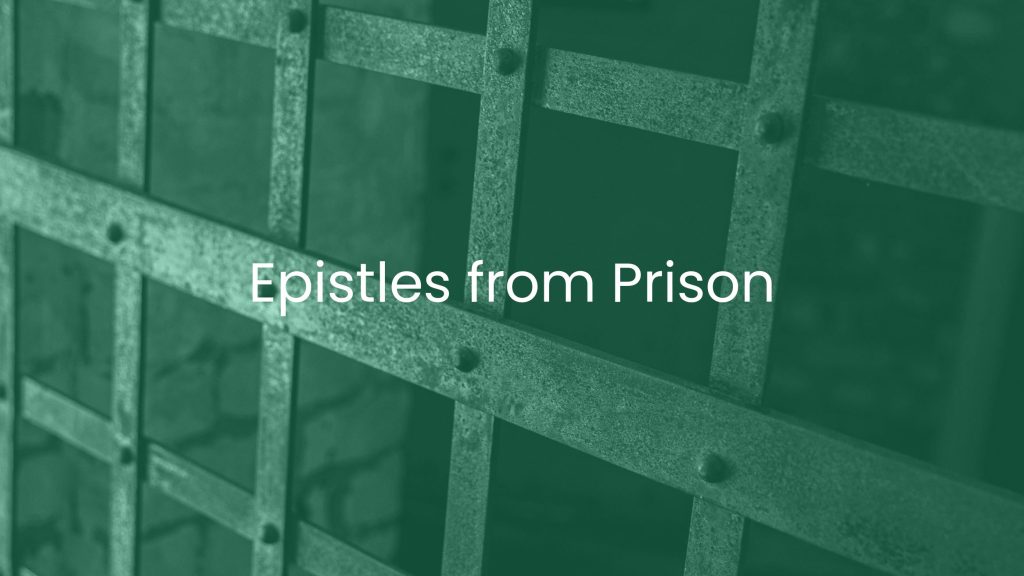|
Getting your Trinity Audio player ready...
|
I therefore, a prisoner for the Lord, urge you to walk in a manner worthy of the calling to which you have been called (Ephesians 4:1, ESV).
The Apostle Paul was imprisoned in Rome from about A.D. 60 to 62. In our New Testament, we have four books — Ephesians, Colossians, Philippians, and Philemon — written by Paul while in prison and now called The Prison Epistles.
Now, we can easily answer the question, “Why are there four books of the Bible called The Prison Epistles?” The word “epistle” has been used for centuries to describe these books as the word in the Greek means “letter.”
We read doctrine and know more about Paul from these letters (epistles) because they are both instructional and personal. Paul had visited the places he was writing, and the books (letters/epistles) reflect the relationships that he had in these churches.
So, it makes sense when Paul tells Euodia and Syntyche to live in harmony (Philippians 4:1) and says to Archippus, “See that you fulfill the ministry that you have received in the Lord” (Colossians 4:17).
Let’s consider each of these epistles (letters/books). . .
Ephesians:
- The most sophisticated of the epistles in doctrine and instruction about grace. Some Bible scholars claim that Ephesians expresses the best teaching on grace in the entire Bible.
- My favorite verses are. . .
For by grace you have been saved through faith. And this is not your own doing; it is the gift of God (2:8).
For we are his workmanship, created in Christ Jesus for good works, which God prepared beforehand, that we should walk in them (2:10).
Philippians:
- Think “joy” when considering the Epistle to the Philippians. All of us would experience freedom from fear and anxiety if we would learn to “rejoice in the Lord always” (4:4).
- A verse containing insight into walking in the fullness of Christ is found here. . .
For to me to live is Christ, and to die is gain (1:21).
Colossians:
- We learn the supremacy of Christ in this book (epistle/letter). . .
He is the image of the invisible God, the firstborn of all creation: or by Him all things were created, both in the heavens and on earth, visible and invisible, whether thrones, or dominions, or rulers, or authorities—all things have been created through Him and for Him (1:15-16).
- And if Christ is the Author of everything, let’s realize. . .
If then we have been raised with Christ, let’s seek the things that are above, where Christ is, seated at the right hand of God (Colossians 3:1).
Philemon:
- This letter is an outlier as it’s not written to a church but to an individual living in Colossae.
- Please read Interruption #1305, where I explain how this letter undermined slavery in the Western world.
- An effective verse as to why we should evangelize is found in Philemon. . .
I pray that the sharing of your faith may become effective for the full knowledge of every good thing that is in us for the sake of Christ (v. 6, ESV).
Amazing letters worth reading together at one time. And now you know why four books of the Bible are called The Prison Epistles.

